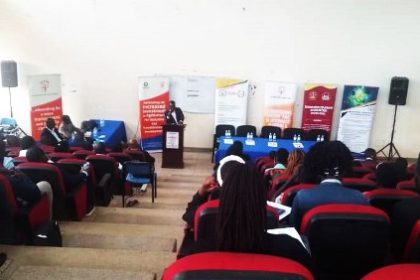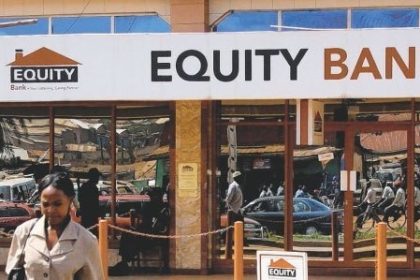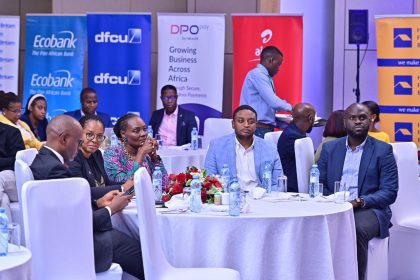Nearly $9m working capital available for solar firms
February 19—Nearly $9 million in working capital has been set aside to support qualified Ugandan companies involved with the sales of off-grid power solutions for rural areas, especially solar kits. The money is being disbursed through the Uganda Energy Credit Capitalisation Company (UECCC), a government agency.
Specioza Kimera Ndagire, the UECCC managing director said last week, “Access to finance for solar companies has been a challenge in line with the general experiences of small and medium enterprises in Uganda. We are here as key stakeholders and partners to launch a facility that is expected to address this challenge as UECCC we challenge the solar companies to effectively utilize this chance to expand on their business.”
Interested companies have to apply for a share of $8.5 million facility through participating financial institutions (mainly commercial banks), which then write to UECCC to vet whether the relevant applicant meets the required conditions. Once UECCC decides that the project is bankable then it directs the financial institution to release the money.
The participating banks are Centenary Bank, Barclays Bank Uganda, Stanbic Bank Uganda, Finance Trust Bank and PostBank.
UECCC is a government company that is supposed to help develop and widen access to renewable energy. Its main objective is to provide financial, technical and other support for renewable energy development in Uganda, with particular focus on enabling private sector participation.
Ndagire said when solar product dealers have access to cheap credits from the government, it can make their products more accessible to the final consumers at cheaper price. The UECCC facility is a joint venture between the government and the World Bank.
“Our interest rates are good, because the maximum rate which we shall be charging on our solar product loans is 15% and the paying back grace period is also favourable to our clients. The intention of making our loans cheaper is to enable Ugandans access solar energy at cheaper prices,” she said.
Emmy Kimbowa, the Chairman of the Uganda Solar Energy Association, appreciated the government move saying that some of their members have been depending on expensive loans from commercial banks. “This is great initiative by Government, because there is a high demand for renewable energy such as solar since majority of the citizens are not connected on the national grid. Our challenge is to meet the supply, because not all solar companies can afford to apply for expensive loans from commercial banks, but with the coming on board of UECCC loans, our challenges are going to be sorted out,” he said.
According to Lyndsay Handler, CEO of Fenix International who are already on the ground in Uganda, “For those companies looking to promote off-grid home solar, one of the key pieces to the puzzle is encouraging more debt and equity investors into the market. Particularly in the developing world, this is critical for what is still a fledgling industry. There is existing investor interest, but a stronger pipeline of debt and equity would catalyse outstanding growth in the market.”
Handler says despite the number of people working to bring renewable energy to Africa, there remain about 600 million people on the continent who lack access to power. The difficulties of developing a business model to bring affordable energy to these markets are real, but not insurmountable – and the market deserves businesses which are up for the challenge.

 Shell Club rewards first winners with brand new motorbikes in Mbale
Shell Club rewards first winners with brand new motorbikes in Mbale
 CSBAG roots for increased funding for renewable energy
CSBAG roots for increased funding for renewable energy
 Equity walks tried and tested path to deliver solid half-year
Equity walks tried and tested path to deliver solid half-year
 Nile Breweries primes retailers for brave new world
Nile Breweries primes retailers for brave new world
 Uganda calls for collaboration with airlines in fight against illicit trade in wildlife
Uganda calls for collaboration with airlines in fight against illicit trade in wildlife
 Airline industry top guns dust-off passports for Uganda hosted 55th AFRAA annual meet
Airline industry top guns dust-off passports for Uganda hosted 55th AFRAA annual meet
